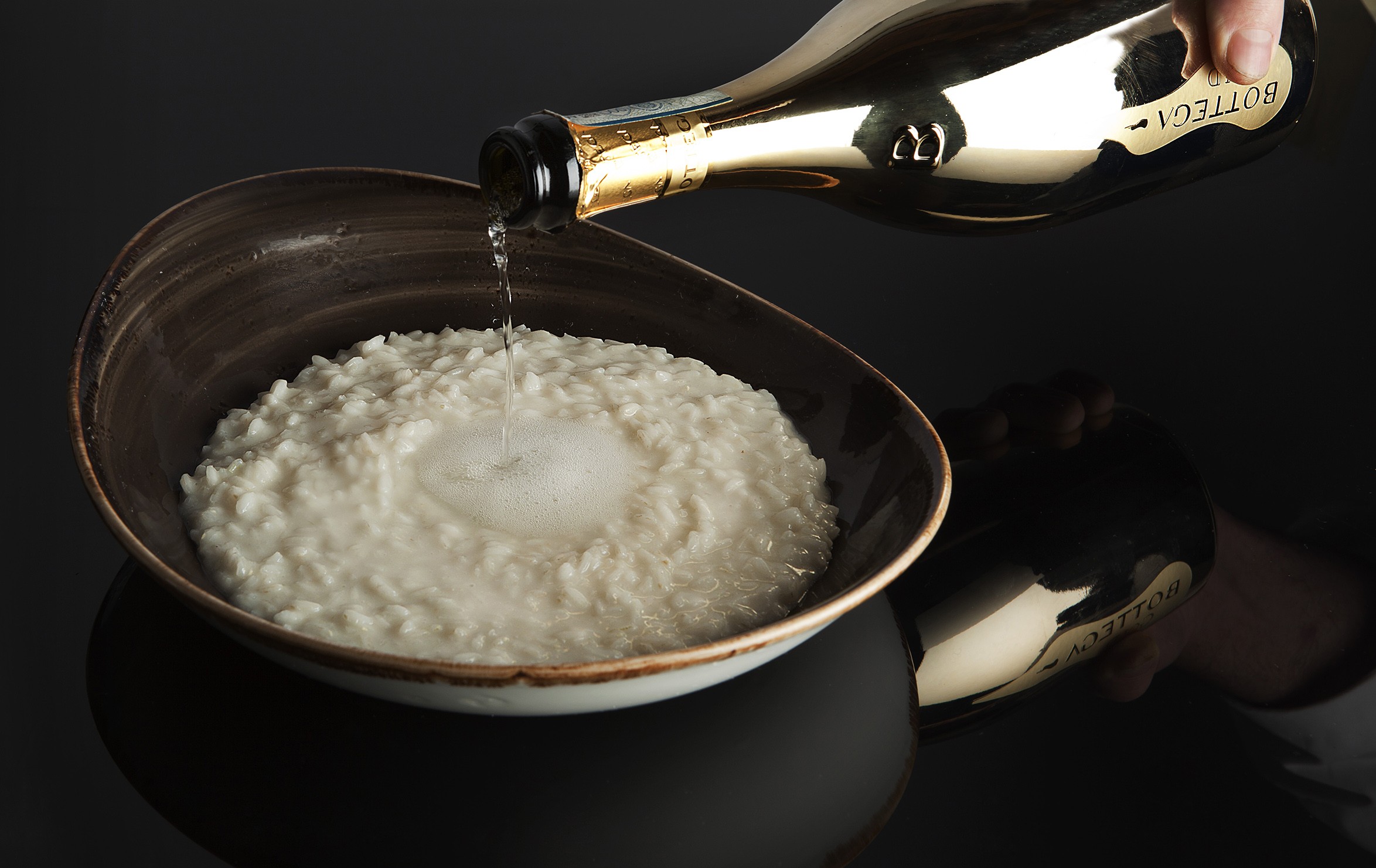Cork stoppers are ‘long-term contribution to climate change mitigation’, producer claims
A French closure company has claimed its production process now helps to cut the level of CO2 in the earth’s atmosphere instead of adding to it.
Closure maker Diam Bouchage has said its cork production now absorbs more carbon dioxide than it creates, according to the firm’s latest environmental report.
A Diam closure for still wine, after the farming of cork trees is taken into account, absorbs around 124g of CO2, while a Mytik closure for sparkling wine soaks up 218g.
Cork forests help to absorb Carbon Dioxide in the earth’s atmosphere generated by clearing forests for agriculture. Cork trees are harvested every 10 years for their bark and are not cut down, which means they stay alive. So, in order to produce more cork stoppers, more trees need to be planted.
Joaquin Herreros, QSE at Diam Bouchage, said that using cork “is a long-term contribution to climate change mitigation.”
Partner Content
“This is not the case for other solutions involving plant polymers from fast-moving crops such as sugar cane, where the captured CO2 is released back into the atmosphere well before the 100 year-mark called for by environmental standards.”
A number of companies outside of the wine industry have also started to adopt cork-based packaging to offset their own carbon footprints. Soap and cosmetic retailer Lush, for example, started using cork packaging in July this year.





Well, the forest is there anyway.
In the same way, all Brazilian companies can take CO2 consumption from Amazones saying they are carbon neutral……
What is important is how mucho CO2 the generate or not in the production process…….
Where is the third party certification?
Cork processing typically uses lots of water, heat, chemicals, electricity.
I only know of one producer of stoppers for wine that is certified zero carbon. They don’t use trees.
Sounds like green washing to me.